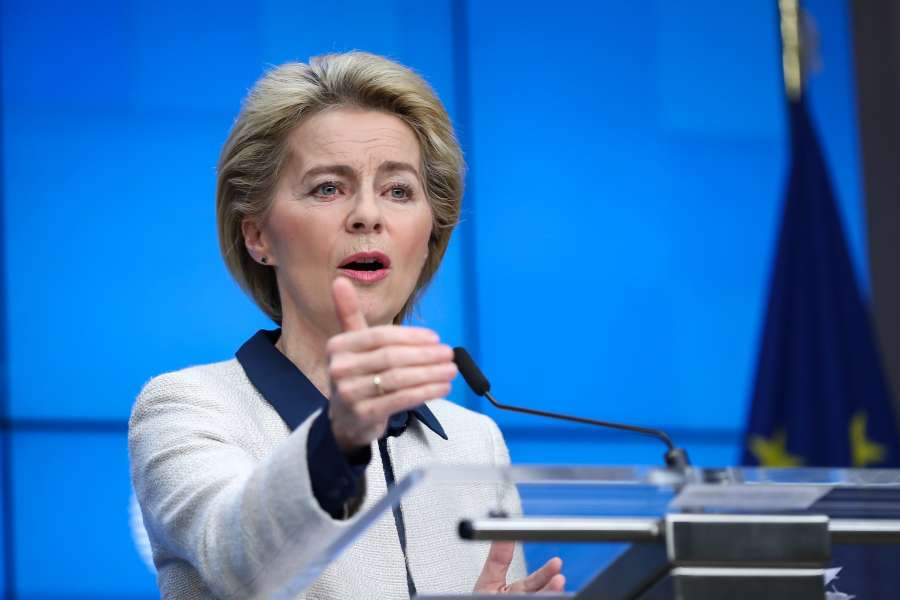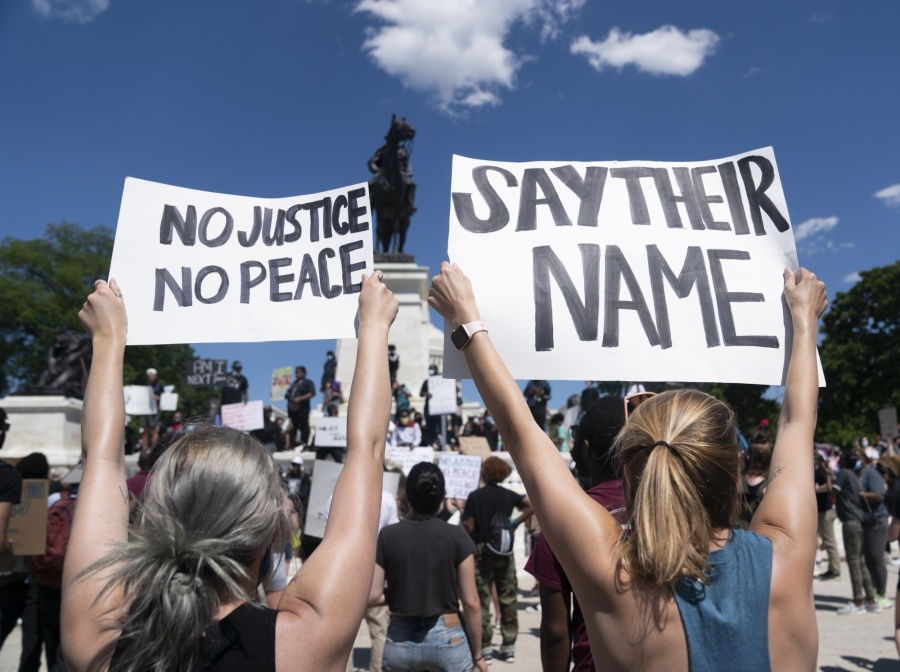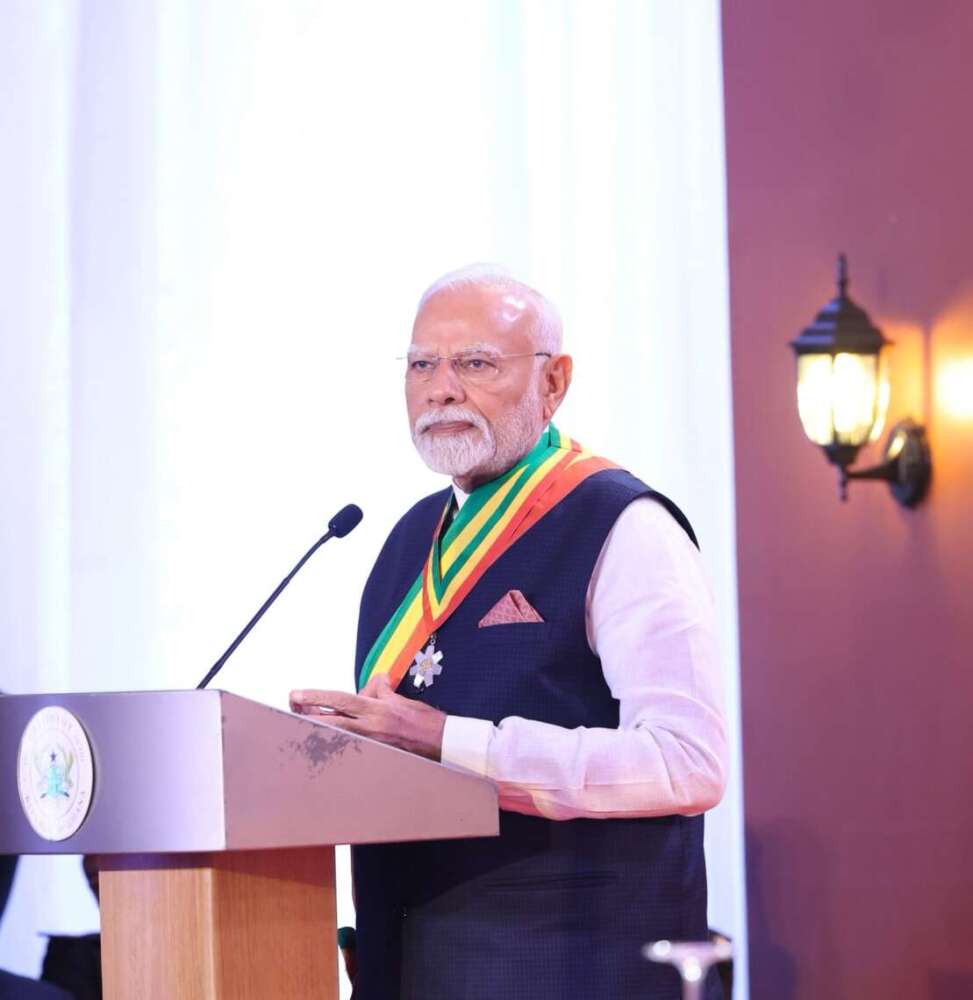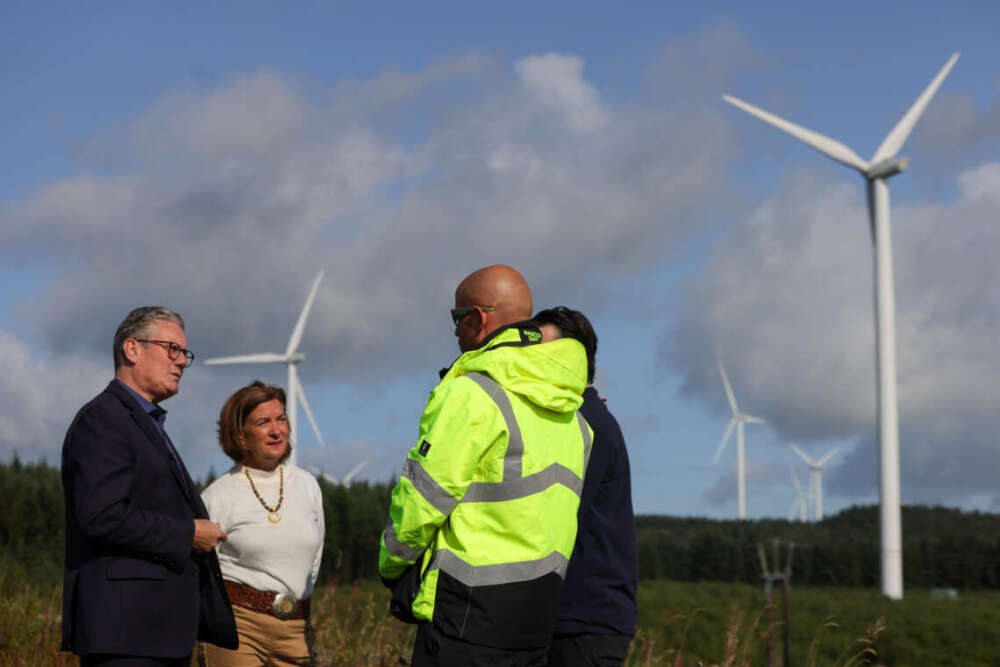
The European Commission has presented proposals to the Council of the European Union (EU) to grant 81.4 billion euros ($96 billion) to 15 member states to help them mitigate the effects which the Covid-19 pandemic has had on employment.
As planned, the countries will be receiving assistance through the instrument for temporary Support to mitigate Unemployment Risks in an Emergency (SURE), designed to help protect people in work and jobs affected by the pandemic, reports Xinhua news agency.
“Just four months after I proposed its creation, the Commission is proposing to provide 81.4 billion euros under the SURE instrument to help protect jobs and workers affected by the coronavirus pandemic across the EU,” said European Commission President Ursula von der Leyen.
Once the EU Council approves the proposals, the financial support will be provided in the form of loans granted on favourable terms from the EU to member states.
Loans will be underpinned by a system of voluntary guarantees from member states, the Commission said.
Aiming to assist the countries to address the sudden increases in public expenditure to preserve employment, the support will help cover the costs directly related to the financing of national short-time work schemes and similar measures, particularly for the self-employed.
Among the 15 are the hardest-hit countries like Italy, which will get 27.4 billion euros, and Spain, to be granted 21.3 billion euros.
Poland is likely to get 11.2 billion euros, Belgium 7.8 billion euros, Romania 4 billion euros and Greece 2.7 billion euros.
One of the EU’s three temporary safety nets worth 540 billion euros in total, SURE is a temporary scheme that can provide up to 100 billion euros of loans.
Endorsed by EU leaders in April, the package became operational on June 1.
While all member states are able to make use of the instrument, SURE acts as a particularly safety net for workers in the hardest-hit economies.
Also Read: EU concludes Vaccine talks with Moderna
Also Read: EU welcomes Libya ceasefire









